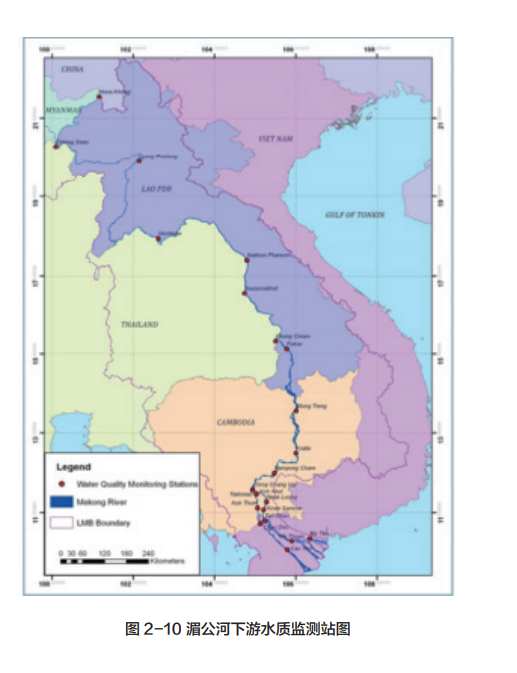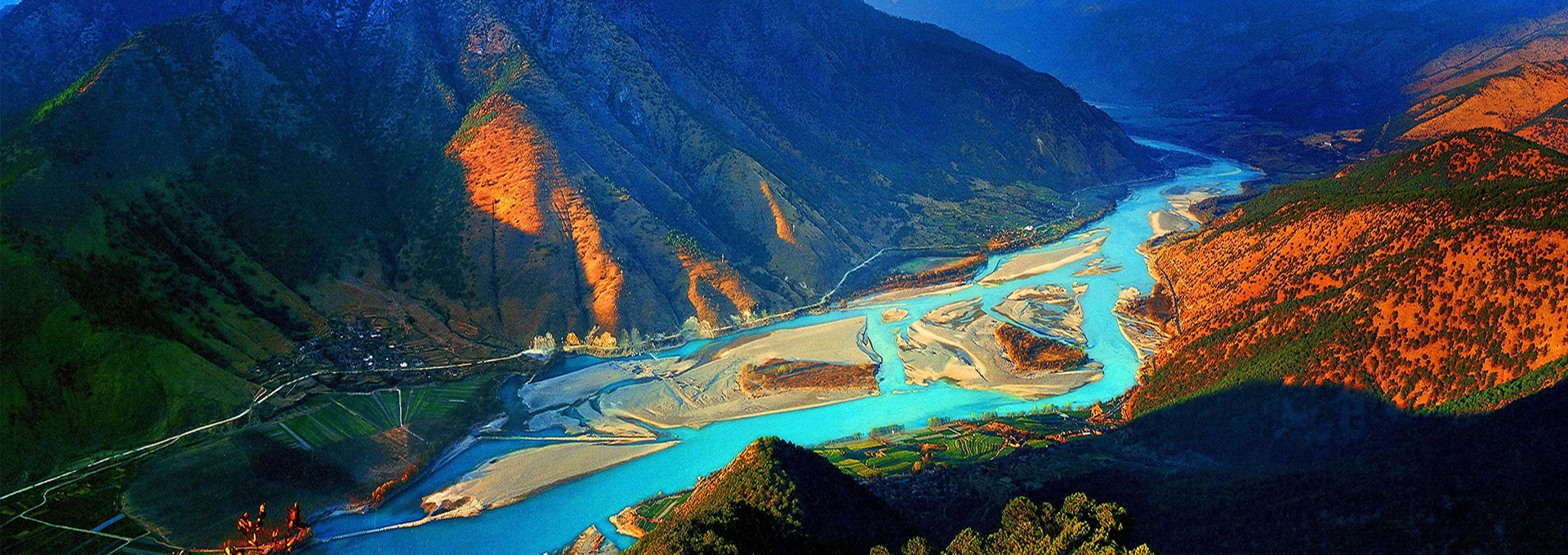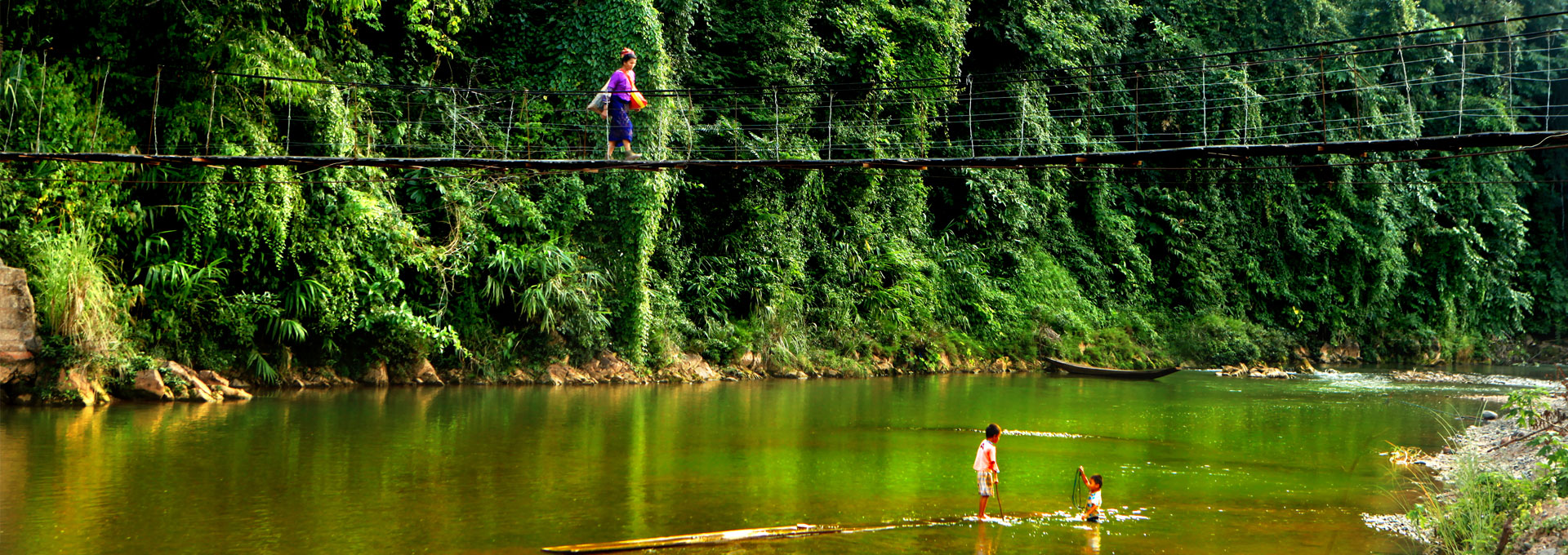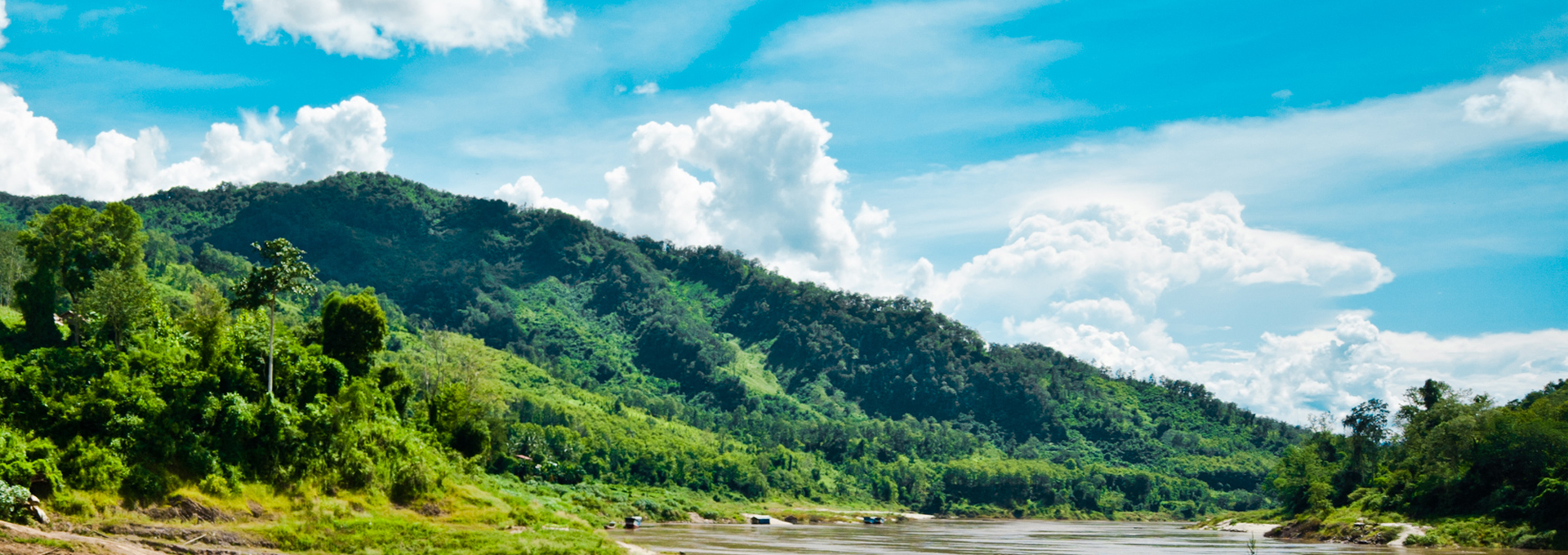The Lancang River originated in Qinghai Province, China. After exiting from Mengla County, Xishuangbanna Dai Autonomous Prefecture, Yunnan Province, China, the Lancang River became the boundary between Myanmar and Laos, and was originally called the Mekong River. The Mekong River flows through Myanmar, Laos, Thailand, and Cambodia, and flows into the South China Sea at Ho Chi Minh City, Vietnam. It is an important international river in Asia.

In order to better carry out the Lancang-Mekong environmental cooperation and provide data reference and technical support for the implementation of the Lancang-Mekong environmental cooperation project, this study comprehensively analyzed the current state of the water environment, water environment monitoring and management systems, water quality standards, and water environment management laws and regulations of the Mekong countries and explore the prospects of water quality monitoring cooperation in the LancangMekong River Basin. The main conclusions are as follows:
Cambodia is a traditional agricultural country, where industrial backwardness is an important reason for low level of economic development. Therefore, environmental pollution is relatively light there, with water, soil and air not yet seriously polluted. However, due to an increasing population and the demand for economic development in recent years, environmental pollution and ecological destruction continue to be aggravated. Particularly in urban areas, pollution caused by wastewater and waste has become a major challenge in the improvement of urban environment. In Cambodia, central government agencies in charge of water environment management mainly include the Ministry of Environment (MOE), the Ministry of Water Resources and Meteorology (MWRM), the Ministry of Public Works and Transport (MPWT), the Ministry of Agriculture, Forestry and Fisheries (MAFF), the Ministry of Mines and Energy (MME) and Cambodia National Mekong Committee (CNMC). Among them, MOE, MWRM and CNMC are mainly in charge of water quality management. With economic development, Cambodia has realized the importance of sustainable utilization of water resources to national economic development, therefore it has enacted laws such as Water Pollution Control Law, Drinking Water Standards and Law on Water Resources Management, and established surface water quality standards which aim at biodiversity conservation and public health protection, with a view to enhancing the protection of water resources at home.




